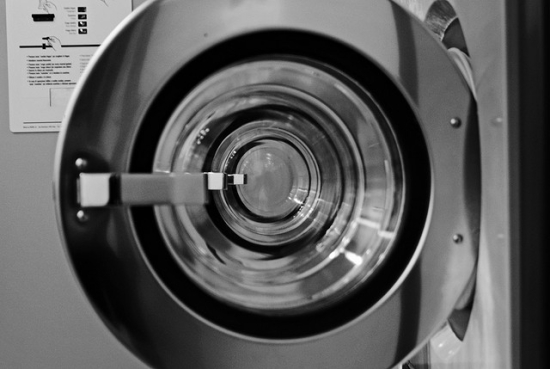British manufacturing has become extremely popular in recent months, with almost constant growth in the sector attracting considerable investment from both domestic and overseas companies. Although the industry tends to fluctuate fairly regularly from brief periods of contraction, the overall strength of British firms has meant that international demand remains relatively high.

Now it has emerged that French firm Schneider Electric has entered into early negotiations with British manufacturer Invensys regarding a potential takeover. While no firm offer has yet been made, it is believed that Schneider has offered 505 pence per share for a stake in the firm – of which 319 pence per share would be in monetary form and the remaining 186 pence would consist of new Schneider shares.
Invensys was formed in 1998 when British engineering giants Siebe and RTR merged in a £9.4 billion deal. Although the resulting business, which manufactures controls for washing machines among other products, has had its share of ups and downs its current market cap stands at £3.3 billion.
The firm was originally in talks with United States industrial firm Emerson Electric last year, but the deal fell through before a firm offer could be put on the table. As a result, it was labelled as a potential takeover target by some of the world’s industrial leaders such as Siemens, General Electric and ABB in the fallout of the failed discussions.
Although Invensys fully admits that it has released information regarding this new proposal “without the consent of Schneider”, this in fact could be a tactical move. By exposing Schneider’s hand, it is essentially coaxing other interested parties into a bidding war, thus upping the chance of strong returns for existing shareholders and investors.
This has also had a highly positive effect on the value of its shares, which rose by 16 per cent the morning after Invensys made the announcement to the press.
Shareholders have certainly benefited from Invensys already this year, as the firm sold its railway business to Siemens for £1.7 billion – £625 million of which was set aside for direct shareholder returns. However, while industry experts speculated that this move was the first in a process to break up the company, chief executive Wayne Edmunds emphatically denied this rumour.
He said; “We have no plans for a management-led break up. We like what we have.”
Should these early discussions lead to a firm offer by Schneider, there is little doubt that other industrial giants will soon follow suit in letting their interest be known. Perhaps, with British manufacturing remaining an attractive field for investors, this could lead to one of the most exciting takeover bids in recent years and leave Invensys’ shareholders laughing all the way to the bank.
Do you think Invensys made the right decision in announcing these early discussions, or will it cause Schneider to withdraw their interest in the deal as they may feel their hand is being forced?